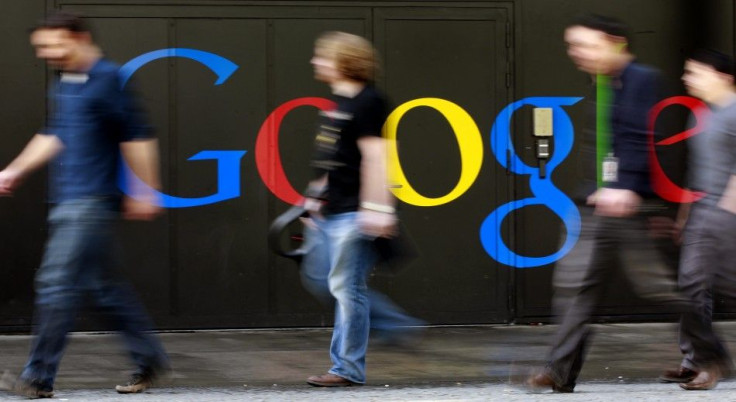ANALYSIS: Google+’s Supposed Privacy Flaws Are Exaggerated

While Google may seem like an easy target when it comes to privacy flaws on social networks, recent criticism in this area over its Google+ product is unwarranted.
It's no secret Google has a history with social networking privacy issues. The company's problems in that area were most prominently on display with Buzz, introduced in February 2010.
Buzz activated in a user's Gmail without their permission. It allowed users of the social network to go into your profile and discover who you are talking with and who you chat the most with on Gmail. Google apologized quickly but the damage was done -- and Buzz never caught on. (To be fair, there were also myriad other reasons why it failed.)
Fast forward more than a year and Google is rolling out a new social network: Google+. The new social network is currently in a field trial testing period with a select group of people. It's very similar to Facebook but is Google+ is more catered to people's private moments with friends. If there's something you want to share with a select group of people, rather than everyone on your buddy list, there's a feature titled Circles.
Circles has generally been praised as an effective form of communicating with select groups of people. As a result, many have said, Google+ is shaping up to be more personal than Facebook, which has had some privacy issues of its own.
Of course, not everyone is sold. Late Thursday night, The Financial Times revealed another possible issue regarding the early release of Google+. There is a re-sharing feature on Google+, which like Twitter's retweet, allows you to post someone's else post on your page. The post then goes beyond the original person's Circle, thus supposedly making the whole point of the feature useless.
However, a source from Google says the re-sharing flaw is easily fixable. Each post comes with an options menu. From this menu, users can disable re-sharing. Furthermore, users can label a post, public or limited. When it is labeled limited, the people who it was shared with can see who else got the post. By virtue of this, they are then able to determine whether or not they should share it.
According to a post on Google+ from Vic Gundotra, senior vice president of Engineering at Google, the company is going to take this a step further and not allow any limited post to option of re-sharing. Beyond that, there is little Google can do to stop people from cutting and pasting someone's words and posting them somewhere else.
Google+ is certainly an unfinished, rough product, something the company freely admits and admits is the reason why it's doing a controlled release and not being made widely available after only internal testing (a la Buzz). However, any privacy issues with Google+, at least thus far, are definitely nothing worth crying about.
Follow Gabriel Perna on Twitter at @GabrielSPerna
© Copyright IBTimes 2024. All rights reserved.



















